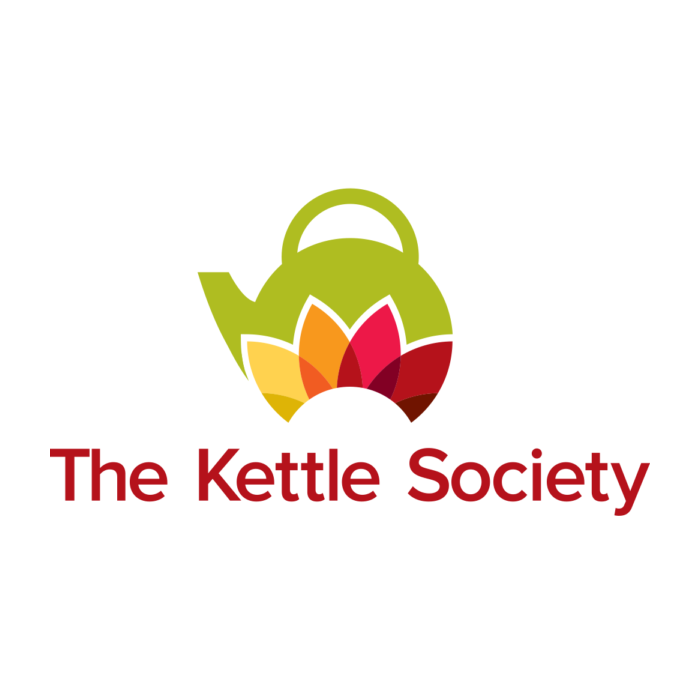Redefining The Recovery Journey
Have you heard about Recovery Capital?
In the shortest - it is like a bank account where the savings are not made of money, but of the most important capital for a human being - relationships, skills, love, support, belonging, trust and hope.
We are building that capital together with our members at the Recovery Café.
The Recovery Café provides support, resources, and a community of care along the entire continuum of a person’s need for recovery support. We teach skills to manage mental and physical health, maintain sobriety, build community, and help individuals reclaim their lives and identities as persons worthy of giving and receiving love. Our model is designed to prevent one life-threatening crisis after another, saving taxpayers’ money on emergency intervention and allowing mental health and addiction support professionals to focus on health maintenance and addiction prevention. This is a much more humane and effective response.
Our Model
Key to our model is the firm belief that every person is in need of recovery from something and, having chosen the recovery journey, has the wisdom to share with others. This belief is the grounding on which we have built our recovery programming.
Research literature has identified four types of social support that Recovery Café provides throughout our programming:
Emotional—demonstrating empathy, caring, and concern to build a person’s self-esteem;
Informational—sharing knowledge and information to provide life and/or vocational training;
Instrumental— providing concrete assistance to help people accomplish tasks; and
Affiliational— facilitating contacts with other people to promote learning of social skills, create community, and instill a sense of belonging.
One of the goals of the Recovery Café is to help build recovery capital in those who may be lacking.
Recovery Capital is the sum of internal and external resources that can help one achieve, maintain and sustain recovery. It focuses on fostering resiliency and encompasses the strengths and supports individuals and services integrate into the practice of lived recovery.
Social Capital - resources that are built on relationships, usually family, but can also include other social groups where people feel they belong and have commitments and obligations towards
Physical Capital - financial assets and access to resources that increase recovery options
Human Capital - an individual’s education, skills, positive health, and hopeful aspirations within oneself that can contribute to a successful recovery journey
Cultural Capital - values, beliefs, and attitudes that enable one to fit into dominant social behaviors and link to cultural conformity





